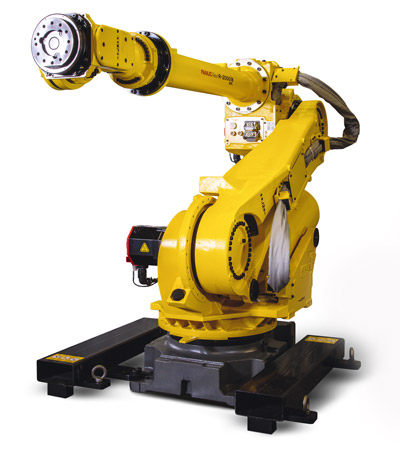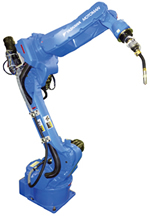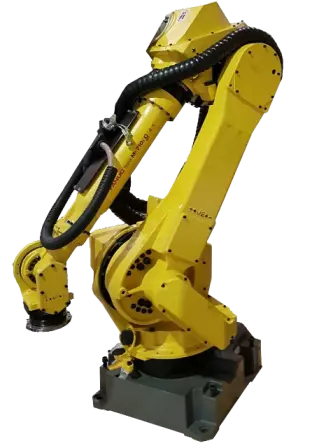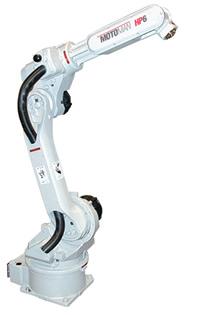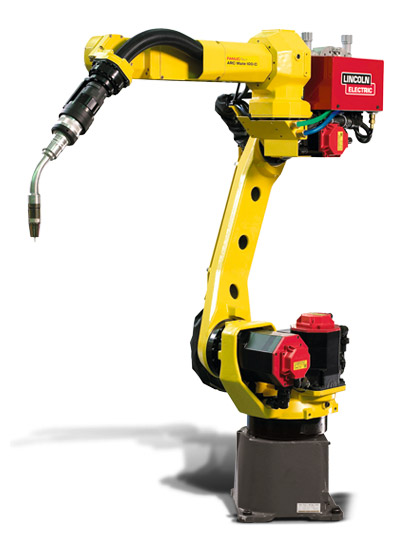Robotics has been one of the fastest growing industries over the past several years. The main driver behind this rapid growth is that more and more manufacturers are choosing to integrate their operations with robots. Industrial robots are proven solutions for increasing productivity, expanding manufacturing capacities, reducing costs, and improving worker safety. Today’s robots are more intelligent, adaptable, fast, and safe than their predecessors. In addition, they are more affordable making it an exciting time to be considering robotic automation.
When the time comes to select an industrial robot there are many aspects to consider and the process should be handled thoughtfully and thoroughly. A robot is a big investment, so you want to be sure you select one that will be the best fit in order capitalize on its full potential and achieve a fully optimized process.
First, you will need to determine which manufacturing process you want to automate. This will help you figure out what exactly your robot will be doing so that you can narrow down your selection by application type. Are you looking to improve an arc welding, painting, or material handling process through automation? For instance, manual arc welding applications can lack consistency, quality, and safety. Bringing in a FANUC Arcmate 100ic for arc welding will significantly improve the application for a more efficient operation. If you are concerned your application needs may change in the future, you do not need to worry because robots are adaptable with many being able to perform multiple applications. Selecting a FANUC R-2000ib/165F for material handling can be redeployed for spot welding or machine tending in the future.
Once you have determined the application to be automated, the next step for selecting a robot is to consider the specific parameters needed including payload capacity, reach, axes, size, weight, and structure. Payload capacity is important as this determines if a robot can support the weight of your workpieces and end-effector required for operation. A robot’s reach helps to determine if it will be able to cover the work area needed and if you have the appropriate space for its work envelope. The size and weight of your potential robot selection should also be taken into account, especially if integrating with a workcell. You will want to be sure your cell or floorspace can hold the robot. Lastly you should think about what robot structure will be best. Do you need a traditional articulated robot or a Delta style? The FANUC M-2ia is a spider robot ideal for fast small parts assembly with its nimble parallel link arm but would not be feasible for handling large car frames.
Other additional considerations for selecting an industrial robot include the work environment and of course budget. Not all robots can function within any environment. If your productions involve dirty, dusty, or wet conditions you will need a robot with an IP rating indicating it is protected from harsh elements. The FANUC M-710ic/50 is an ideal choice for hazardous conditions as it is IP67 rated. On the other hand, if you’re working with food productions or within a laboratory then you will need a robot designed for cleanroom standards. Understanding your budget is also important in the robot selection process. Fortunately, robots have become more affordable and used robots are great option too as they can operate like new for a fraction of the price.
